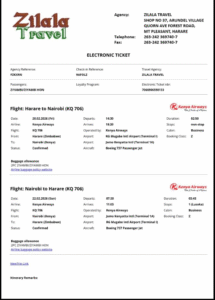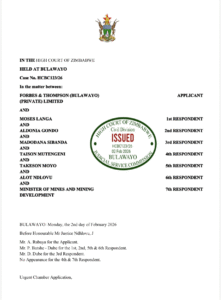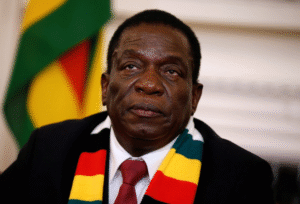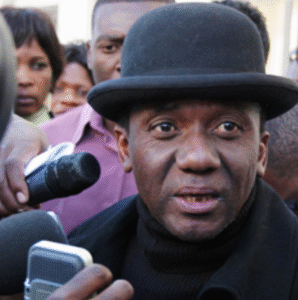HIGH COURT GRANTS BAIL TO OPPOSITION ACTIVISTS AMID CRACKDOWN

The High Court has granted bail to three opposition and pro-democracy activists, Namatai Kwekweza, Robson Chere, and Samuel Gwenzi. These three human rights activists were arrested on 31 July 2024, together with Vusumuzi Moyo, an artist and sound engineer. The arrests happened after they were forcibly taken from a domestic commercial flight at Robert Mugabe International Airport in Harare. They were on their way to Victoria Falls to attend the African Philanthropy Conference.
The arrests have sparked widespread concern. Many believe the arrests are part of a larger crackdown on civil society and opposition activists. This comes just before the recent Southern African Development Community (SADC) summit that took place in Harare. The situation has raised questions about the state of human rights and democracy in Zimbabwe, with many expressing worry over the growing repression of opposition voices.
Chere, one of the three activists, suffered serious injuries while in police detention. He was reportedly tortured and denied medical attention for his life-threatening injuries. His situation has drawn significant attention from human rights groups. The Zimbabwe Lawyers for Human Rights stepped in to represent Kwekweza, Chere, and Gwenzi, working to secure their release on bail.
The charges against the three activists were for planning disorderly conduct in a public place. The type of policing used has been described as a colonial-style crackdown. This type of policing is seen by many as a method to control opposition and civil society members who question or speak out against the government.
Despite the serious charges and the conditions surrounding their arrest, the High Court has allowed the three activists to be released on bail. The bail conditions include a US$150 payment or its equivalent in Zimbabwe’s local currency (ZiG), reporting to the police every last Friday of the month, not interfering with state witnesses, and residing at given residential addresses. These conditions are strict, but the release on bail provides some relief to the activists and their supporters.
The situation has caused an outcry from many human rights defenders and organizations that are calling for justice. They argue that the arrests and the treatment of Chere, in particular, show a disregard for human rights and legal norms. Denying medical attention to someone who has been tortured is seen as a serious violation of human rights.
The arrests and detentions took place as Zimbabwe prepares to host the SADC summit. The timing of these arrests raises concerns that the government may be using the summit as a reason to clamp down on opposition voices. This crackdown is not new in Zimbabwe’s history, but it is seen by many as part of a troubling pattern of silencing dissent.
The involvement of the Zimbabwe Lawyers for Human Rights in the case has been crucial. The group works to protect those who face persecution for standing up for their rights. They continue to fight for the rights of Kwekweza, Chere, Gwenzi, and others who face similar charges. Human rights lawyers often face challenges in Zimbabwe, as they work in a difficult environment where the state is often hostile to opposition and civil society groups.
The case of Kwekweza, Chere, and Gwenzi is just one example of the increasing pressure that activists and opposition members face in Zimbabwe. The crackdown on civil society, especially around important events like the SADC summit, is becoming more frequent. Many fear that if these actions continue, the space for free expression and opposition in Zimbabwe will shrink even further.
For now, the three activists are out on bail, but their fight is far from over. They will continue to face charges and the conditions set by the court. The future remains uncertain for them and for many others who dare to speak out against the government in Zimbabwe. However, the granting of bail offers a glimmer of hope in an otherwise tense and challenging situation.





